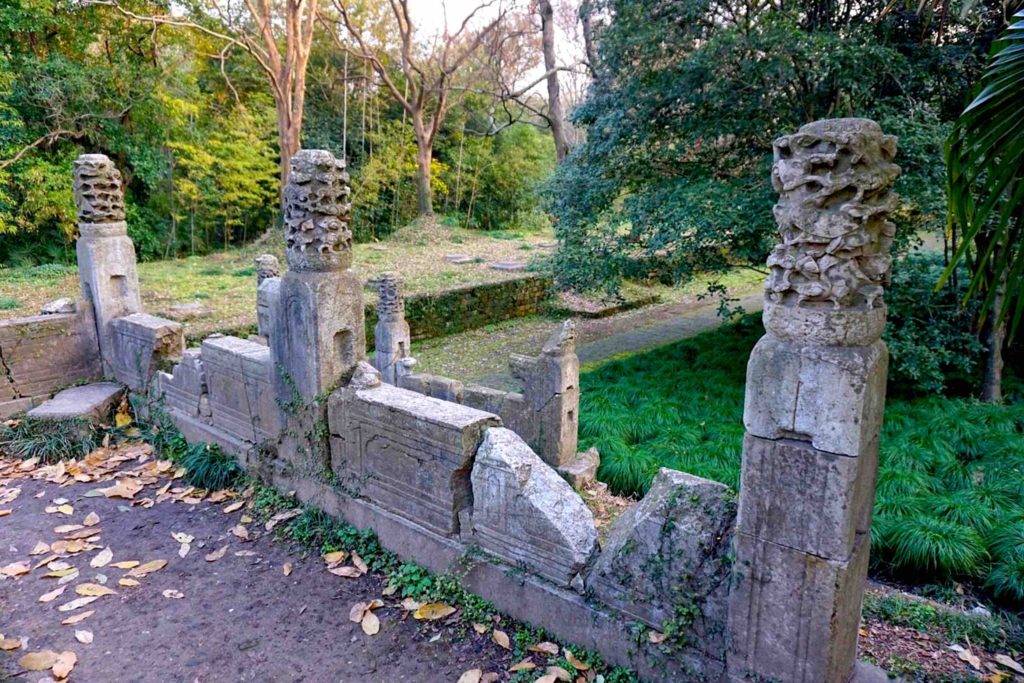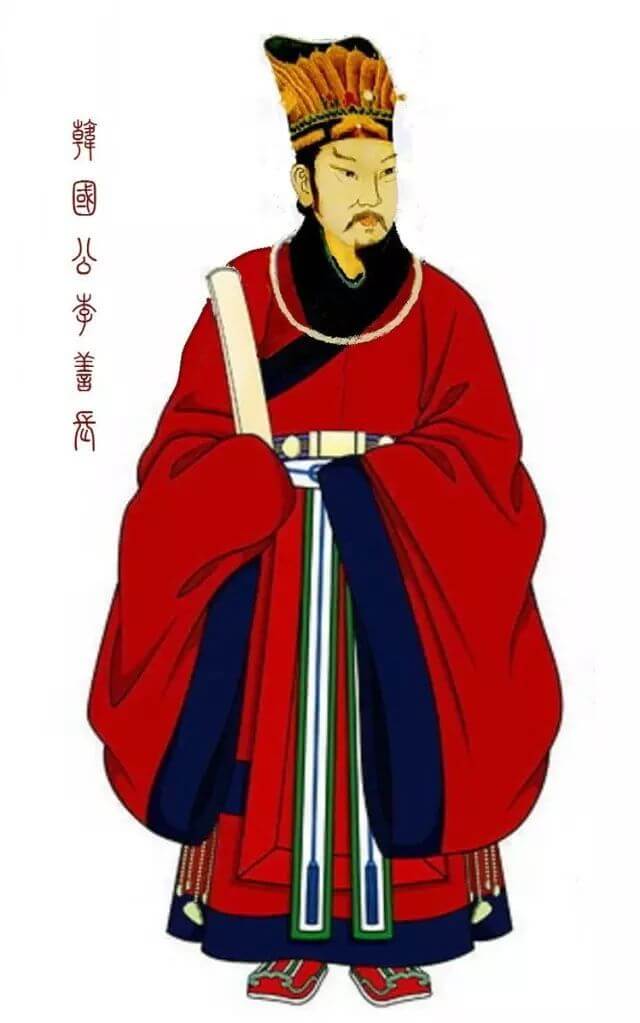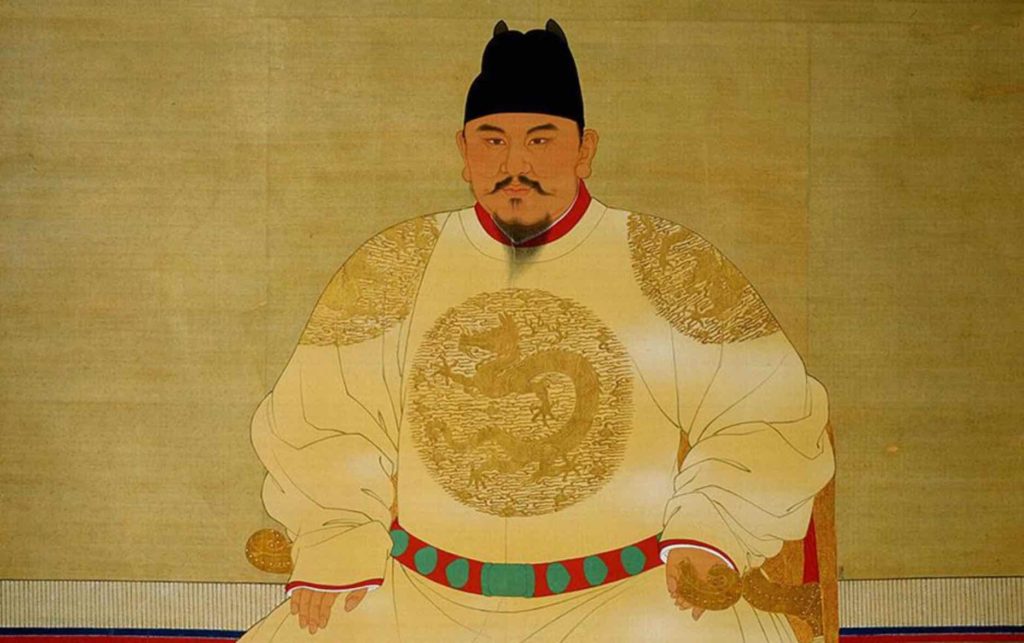
Zhu Yuanzhang was the founder of Ming Dynasty, and Li Shanchang was the first prime minister of the dynasty. Although they were both from Anhui, Zhu Yuanzhang was the emperor and Li Shanchang was the vassal. In the decades following the establishment of Ming Dynasty, the conflict between Zhu and Li was growing.
Unfortunately, Zhu Yuanzhang was determined to eliminate Li Shanchang who second only to the emperor to strengthen centralization and clear the way for his successor. Li and his family totaled more than 70 people who were ordered by Zhu Yuanzhang to be executed in 1390.
Everything happens for a reason, and the killing of the first prime minister of Ming Dynasty was the result of a power struggle. Li Shanchang was a victim of political struggle. When the prime minister’s power got in the way of emperor’s, the emperor chose to take the initiative to eliminate his rival in a dictatorial setting.
From then on, Zhu Yuanzhang elevated the imperial power to the peak completely, and all matters were handled at his command. Unfortunately, without the help of chancellor, Zhu Yuanzhang’s daily work pressure became greater.
Later, Zhu Yuanzhang’s successors chose to cede some of his decision-making power to the eunuch in order to ease their workload. So that eunuchs could share some of the work for the emperor. As a result, it provided opportunities for eunuchs to interfere in internal affairs and had a very serious negative impact.
Common Characteristics of Ming History
In the official historical materials written by the Ming dynasty, historians portrayed Zhu Yuanzhang as a perfect figure like a god. But from the analysis of specific historical events, Zhu Yuanzhang had many character defects. He wasn’t a perfect man either, instead of becoming increasingly suspicious and cruel in his old age.
Zhu Yuanzhang joined the Red Turban Rebelling in 1353 to overthrow the Yuan Dynasty. In order to gain the support of more interest groups, he behaved with great intelligence.

For the war to be won it must be supported by the scholar-bureaucrats. Therefore, when Zhu Yuanzhang rebelled against the Yuan dynasty, he was very polite to those intellectuals, creating a phenomenon in which Zhu Yuanzhang respected and cherished intellectuals.
In fact, Zhu Yuanzhang’s strategy was so successful that he attracted a large number of scholar-bureaucrats to follow him, including Li Shanchang.
After Li Shanchang took the initiative to join Zhu Yuanzhang’s resistance army, he was mainly responsible for the logistics of the army. In a battle with the Yuan Dynasty army, Li set a record for winning by less with his excellent command. After that, Zhu Yuanzhang trusted him even more.
Li Shanchang was an important member of Zhu Yuanzhang think tank. During the rebellion against the Yuan Dynasty, Zhu Yuanzhang needed people like Li Shanchang to work for him. But once a new dynasty is built, a political cleansing around power is sure to take place.
Tragedy Is Inevitable
Since the Han Dynasty, it has been said that the more Founding Ministers who achieved outstanding achievements, the more cautious they had to be after the establishment of dynasty.
Once the rebel chiefs became emperors, and their main work goals had changed. It had gone from being a fighter to being a seat of power. Any potential threat to the emperor’s rule would be a trigger for a political purge.
As a vassal, Zhu Yuanzhang granted Li Shanchang power second only to himself. Unfortunately, the flaws in Li Shanchang’s character become magnified after having great power.
He gradually became selfish and even bent the law for his own good. He even mobilized soldiers to repair his house. To make matters worse, after his loved ones broke the law, he chose to actively interfere with the judicial trial.
Li Shanchang’s deeds were recorded by Zhu Yuanzhang in his heart. At first, due to Li Shanchang’s enormous contribution, Zhu Yuanzhang did not want to actively eliminate him. But as Zhu Yuanzhang sought to further strengthen centralised Eventually Zhu Yuanzhang took action.

In the first wave of Zhu Yuanzhang’s offensive, he eliminated Hu Weiyong, the successor to the prime minister recommended by Li Shanchang. In the following political liquidation, Zhu Yuanzhang still had no intention of liquidating Li Shanchang, although many people claimed that Li was an accomplice of Hu Weiyong.
Sadly, although Li Shanchang had realized Zhu Yuanzhang’s distrust and dissatisfaction with himself, he still did something that interfered with internal affairs. In this way, Li Shanchang’s actions thoroughly angered Zhu Yuanzhang and led Zhu to make up his mind to eliminate Li.
In 1390, more than 70 members of Li Shanchang’s family were executed, and the Ming Dynasty lost one of its founders.
In Conclusion
Power and money can change people dramatically. Before Zhu Yuanzhang became emperor, he showed an image of knowing people and being good at their jobs to gather more talents to serve him. Li Shanchang was dedicated to his job and provided intellectual advice to Zhu Yuanzhang actively.
Sadly, when the Ming Dynasty was established their character flaws were gradually magnified by the induction of power. In order to secure his successor and the imperial power, Zhu Yuanzhang chose to actively eliminate potential political opponents.
When Li Shanchang became the head of Huaixi Group he gradually became extravagant in his life. He even asked the emperor to pardon prisoners who were close to him.
Eventually, the conflict between the Emperor and the Prime Minister became more directly exposed. The funny thing was that although Li had the Immunity Gold Medal, which couldn’t spare the life of a treasonous criminal.




